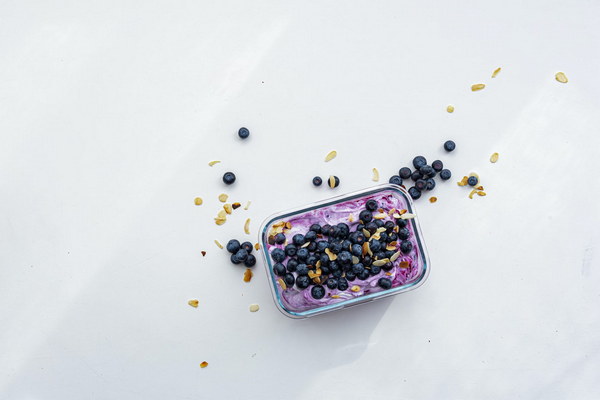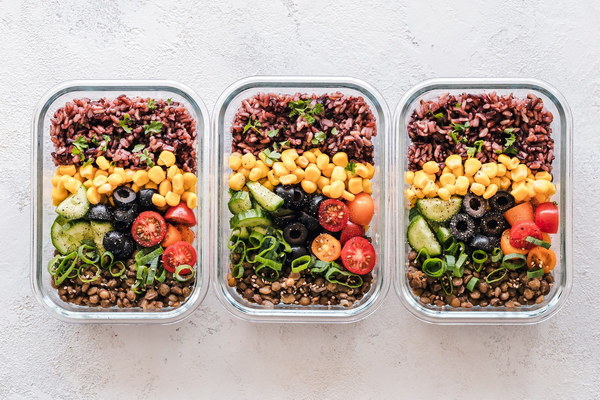How to Nourish Your Kidneys When Creatinine Levels Are Slightly Elevated A Comprehensive Guide
Introduction:
Kidney health is a crucial aspect of overall well-being, and maintaining optimal kidney function is essential for a healthy life. Creatinine, a waste product produced by the muscles, is a key indicator of kidney function. When creatinine levels are slightly elevated, it is a sign that the kidneys may not be filtering waste effectively. This article provides a comprehensive guide on how to nourish your kidneys and promote their health when creatinine levels are slightly elevated.
1. Understand the causes of elevated creatinine levels:
Elevated creatinine levels can be caused by various factors, including dehydration, dehydration, certain medications, and underlying kidney conditions. Identifying the underlying cause is essential in developing an effective plan to nourish your kidneys.
2. Increase water intake:
One of the most important steps in nourishing your kidneys is to ensure adequate hydration. Drinking plenty of water helps to flush out waste products and toxins from the kidneys. Aim for at least 8-10 glasses of water per day, and adjust your intake based on your activity level and climate.
3. Modify your diet:
A healthy diet can significantly impact kidney health. Here are some dietary modifications to consider:
a. Limit protein intake: High protein diets can put additional stress on the kidneys. Aim for moderate protein intake, such as lean meats, fish, poultry, legumes, and plant-based proteins.
b. Choose healthy fats: Opt for healthy fats such as olive oil, avocados, and nuts, while minimizing saturated and trans fats found in fried and processed foods.
c. Focus on fruits and vegetables: A diet rich in fruits and vegetables provides essential nutrients, antioxidants, and fiber, which support kidney health.
d. Reduce salt intake: Excessive salt can lead to fluid retention and high blood pressure, both of which can strain the kidneys. Limit your sodium intake to no more than 2,300 milligrams per day.
e. Avoid high-potassium foods: High potassium levels can be harmful in individuals with kidney disease. Consult with a healthcare professional for a list of foods to avoid or limit based on your potassium levels.
4. Exercise regularly:

Regular physical activity helps to improve overall health and can have a positive impact on kidney function. Aim for at least 150 minutes of moderate aerobic exercise or 75 minutes of vigorous aerobic exercise per week, along with strength training exercises two or more days a week.
5. Manage blood pressure and cholesterol levels:
High blood pressure and high cholesterol can contribute to kidney damage. Work with your healthcare provider to manage these conditions through lifestyle modifications and medication, if necessary.
6. Avoid smoking and limit alcohol consumption:
Smoking and excessive alcohol intake can harm the kidneys. Quitting smoking and limiting alcohol consumption can help support kidney health.
7. Regular monitoring and follow-up:
Keep a close eye on your creatinine levels and other kidney function markers by regularly visiting your healthcare provider. They can help monitor your progress and make adjustments to your treatment plan as needed.
Conclusion:
When creatinine levels are slightly elevated, taking proactive steps to nourish your kidneys is essential. By understanding the causes of elevated creatinine levels, increasing water intake, modifying your diet, exercising regularly, managing blood pressure and cholesterol levels, avoiding smoking, and limiting alcohol consumption, you can help support kidney health and reduce the risk of kidney damage. Consult with your healthcare provider for personalized advice and guidance on managing elevated creatinine levels.









